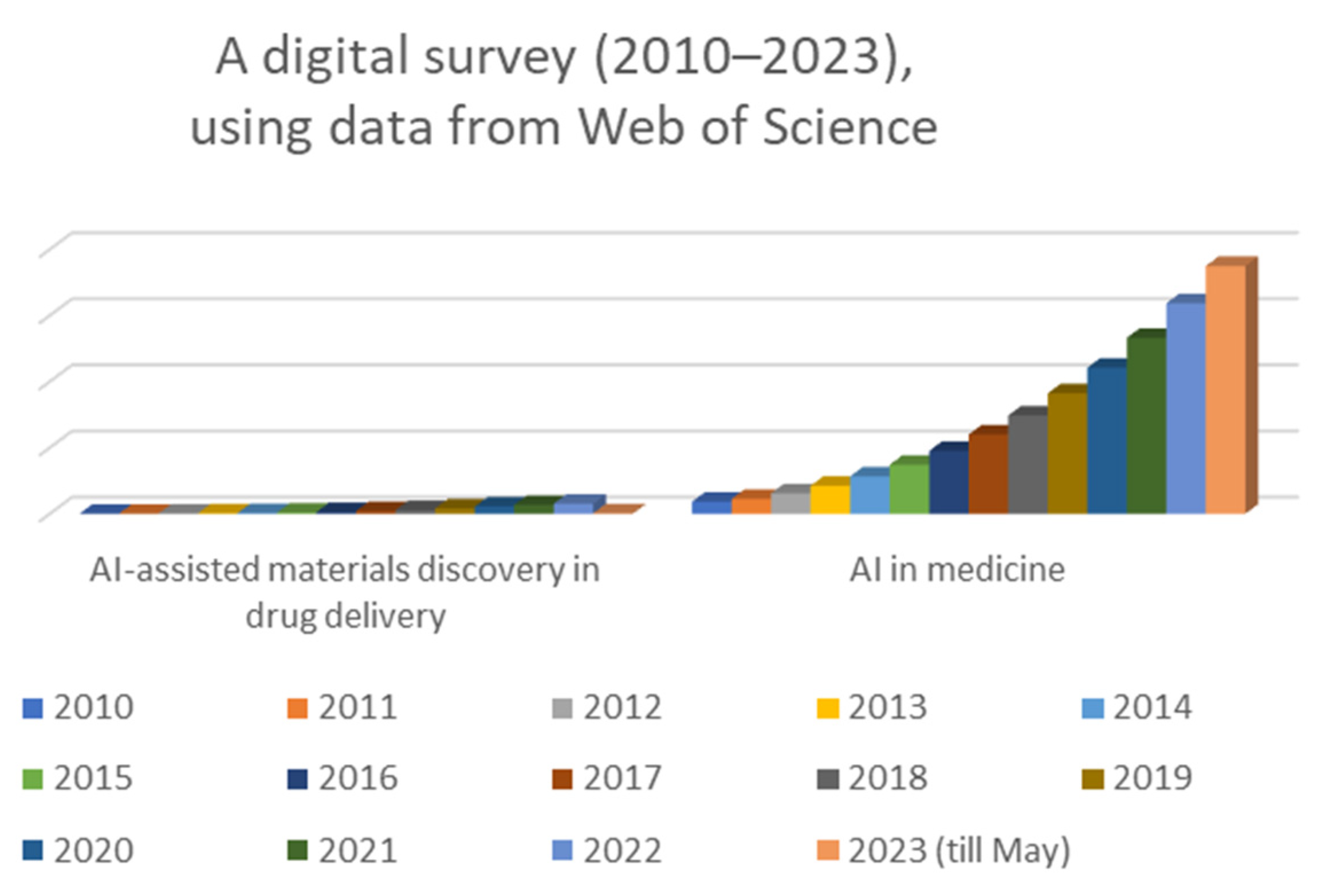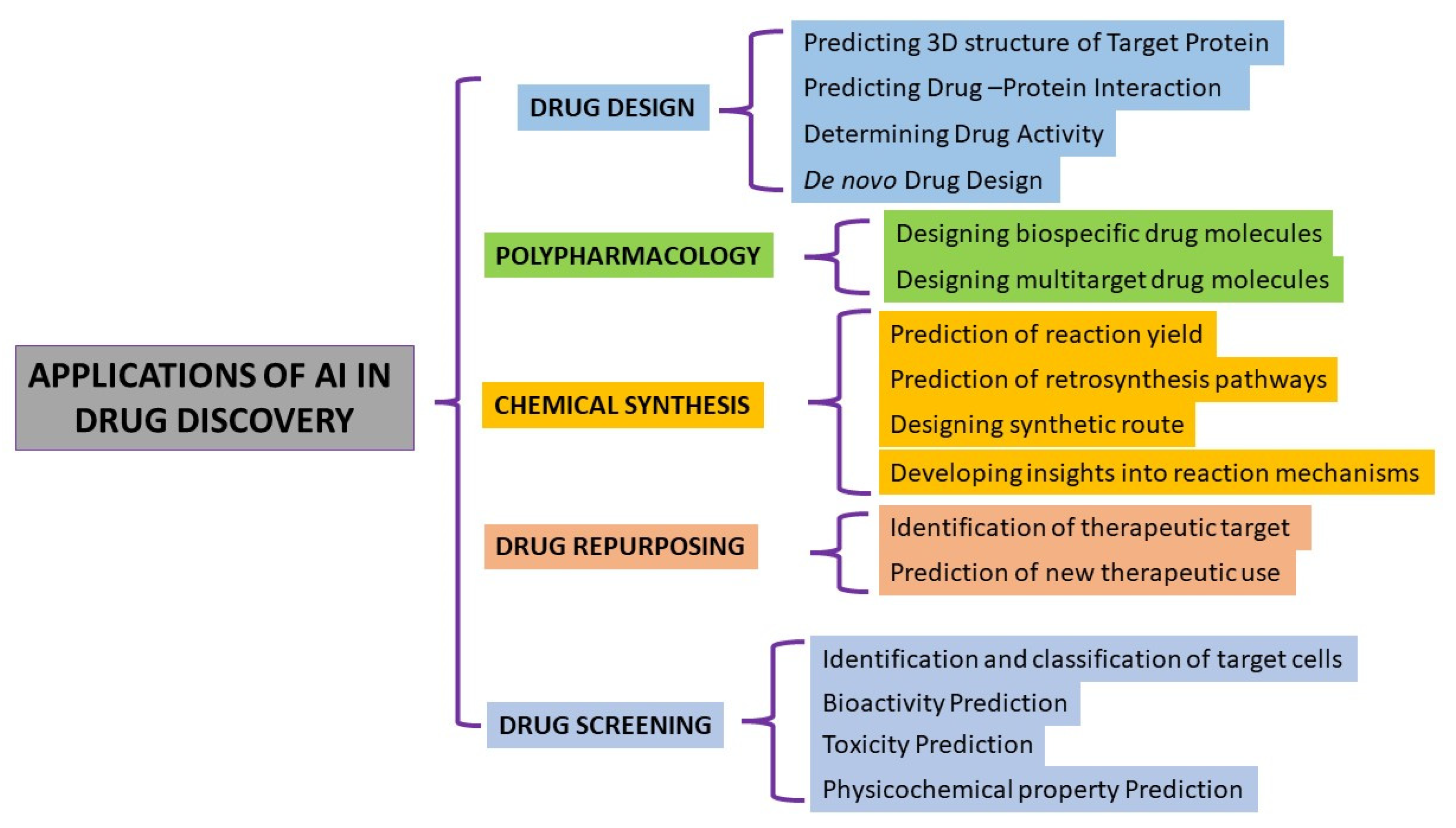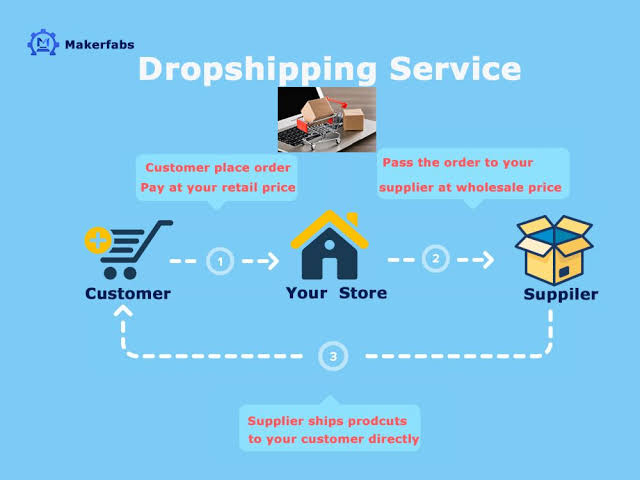Drug development poses significant challenges due to its expense, time consumption, and high failure rates. Recently, artificial intelligence (AI) has emerged as a transformative tool in this field, offering innovative solutions to these complex challenges within the pharmaceutical industry. This manuscript delves into the multifaceted role of AI in drug discovery, covering AI-assisted drug delivery design, the discovery of new drugs, and the development of novel AI techniques. Various AI methodologies, such as machine learning and deep learning, are explored alongside their applications in target identification, virtual screening, and drug design. Additionally, the paper discusses the historical evolution of AI in medicine, highlighting its profound impact on healthcare. It also addresses AI's contribution to drug repositioning and the identification of drug combinations, showcasing its potential to revolutionize drug delivery systems. Providing a comprehensive overview of the AI programs and platforms currently utilized in drug discovery, the manuscript illustrates the technological advancements and future directions of this field. By presenting the current state of AI in drug discovery and anticipating its future trajectory, this study sheds light on both the challenges and opportunities ahead.
Artificial Intelligence (AI) is transforming drug discovery, presenting remarkable chances to hasten the creation of new therapies and remedies for different ailments. Through the utilization of machine learning algorithms, AI empowers researchers to scrutinize intricate biological data, pinpoint potential drug candidates, and refine the drug discovery procedures. In this piece, we'll delve into six fascinating insights about AI in drug discovery, underscoring its revolutionary influence on pharmaceutical research and advancement.
Here are some facts about pharmaceutical research by AI
Utilizing Big Data
AI in drug discovery utilizes big data analytics to handle and interpret extensive biological and chemical data sets, such as genomics, proteomics, and chemical compound libraries. Machine learning algorithms are capable of recognizing significant patterns and associations within these data sets, assisting researchers in pinpointing potential drug targets and candidates.
Predictive Modeling
AI-powered predictive modeling empowers researchers to anticipate the effectiveness, safety, and pharmacokinetics of drug candidates prior to embarking on clinical trials. Through the amalgamation of data from preclinical investigations, molecular modeling, and in vitro assays, AI algorithms have the capacity to anticipate the probability of success for various drug candidates, aiding researchers in the allocation of resources and investments effectively.
Studies of AI-assisted Drug Discovery
AI presents a potent tool for drug discovery, encompassing a wide range of applications from predicting drug properties to generating novel chemical structures and enhancing drug characteristics (Figure). Among these applications, one of the most prevalent uses of AI is through machine learning (ML) algorithms. These algorithms can assimilate vast datasets of chemical structures and biological information to forecast the properties of new compounds, including their ability to bind to a specific target protein (affinity prediction) or their potential toxicity (toxicity prediction). This capability aids in the identification of potential drug candidates for further laboratory testing. Additionally, AI contributes to drug discovery through the utilization of Generative Adversarial Networks (GANs), which generate fresh chemical structures likely to bind to a target protein based on the chemical makeup of known active and inactive compounds. Moreover, AI facilitates multi-objective optimization in drug discovery, where the objective is to refine a drug for various desirable properties, such as enhanced efficacy, reduced toxicity, and improved solubility.
Drug Design
Virtual screening and drug design involve leveraging computational methods to identify promising drug candidates and optimize their properties before entering into costly and time-consuming experimental phases. This approach utilizes various algorithms and techniques to simulate molecular interactions between potential drug compounds and target proteins, predicting their binding affinity and selectivity. By employing artificial intelligence, particularly machine learning and deep learning algorithms, virtual screening and drug design processes can be accelerated, allowing for more efficient and cost-effective drug discovery pipelines.Drug repurposing
AI plays a crucial role in drug repurposing by analyzing extensive omics data and pinpointing approved drugs with the potential to treat new indications. Repurposing existing drugs for different diseases offers a pathway to accelerate the drug development process, circumventing many challenges linked with novel drug discovery, such as safety testing and regulatory hurdles.
Personalized Medicine
AI plays a pivotal role in enabling personalized medicine approaches by analyzing diverse patient data, including genomic profiles, clinical records, and biomarker signatures. Through the integration of AI-driven predictive analytics, researchers can discern patient subgroups most likely to respond favorably to particular therapies. This capability enables the development of tailored treatment strategies, leading to enhanced patient outcomes and more effective healthcare interventions.
Accelarating clinical trial's integrity
AI plays a crucial role in streamlining the clinical trial process by optimizing various aspects such as patient recruitment, stratification, and monitoring. By harnessing AI algorithms, researchers can analyze patient data to efficiently identify eligible participants for clinical trials. Additionally, AI can predict trial outcomes and monitor safety and efficacy endpoints in real time, enabling swift adjustments and ensuring the trial's integrity. This approach not only enhances the efficiency of clinical trials but also reduces costs, ultimately accelerating the development of new treatments and therapies.
Bottom-line
In the future of AI in drug discovery, there's a trend towards tighter integration with automation, enabling AI systems to autonomously decide on compound design and synthesis, reducing the need for human intervention. This shift, from augmented to autonomous drug design, could hasten the drug discovery process and generate better starting points for drug development. The ultimate aim is to create fully autonomous laboratories capable of independently iterating through the design-make-test-analyze cycle of drug discovery. This approach could lead to quicker and more efficient drug discovery processes, with AI systems autonomously suggesting and testing new compounds. However, challenges such as proving the reliability and reproducibility of AI-assisted findings must be addressed. Additionally, ensuring the availability of robust datasets and making significant investments in AI technology are crucial for the future adoption and success of AI in drug discovery.







